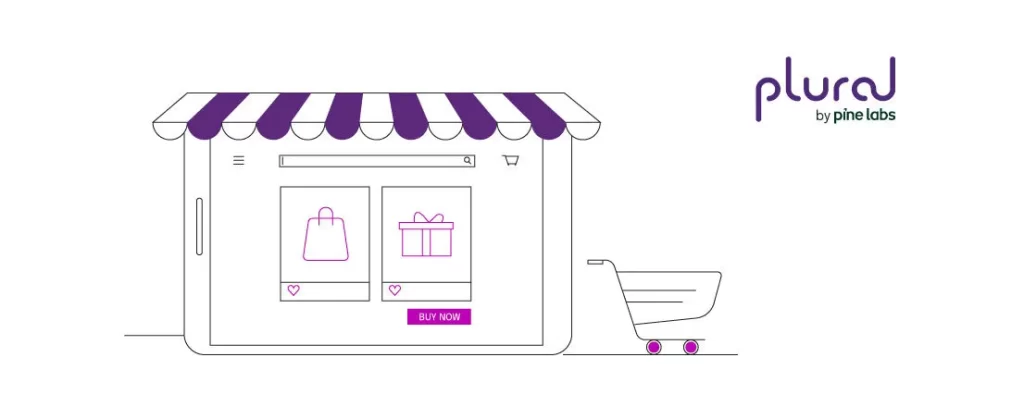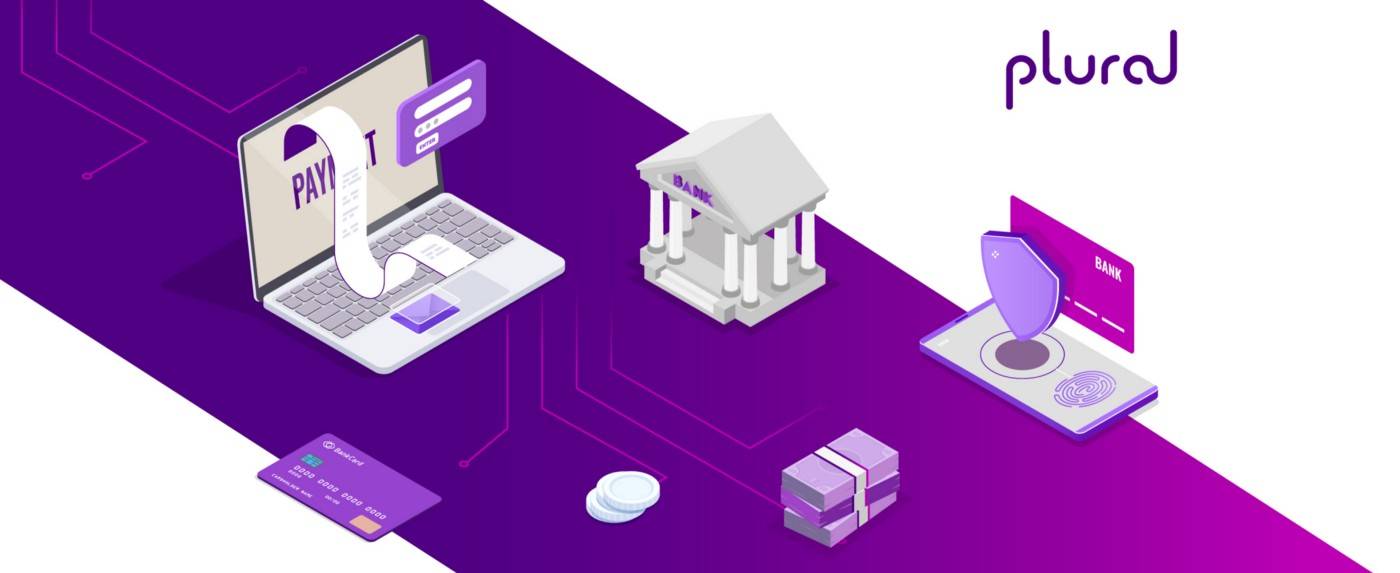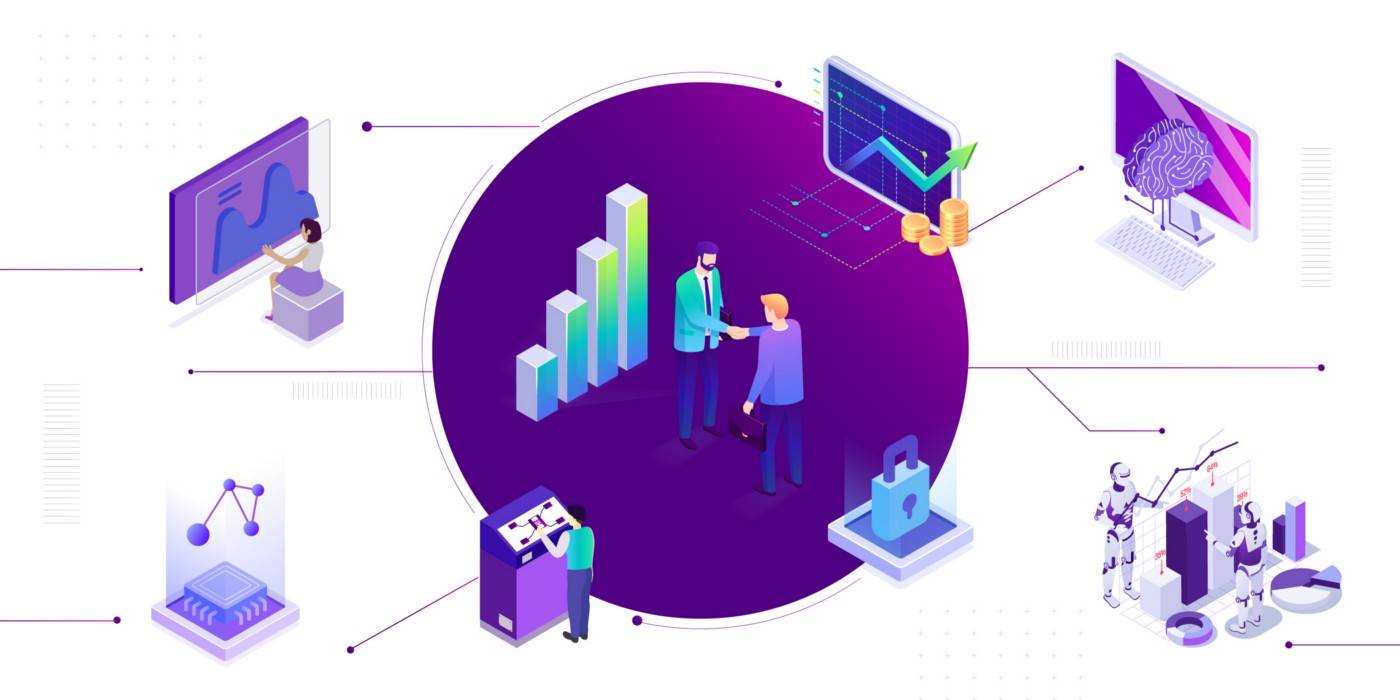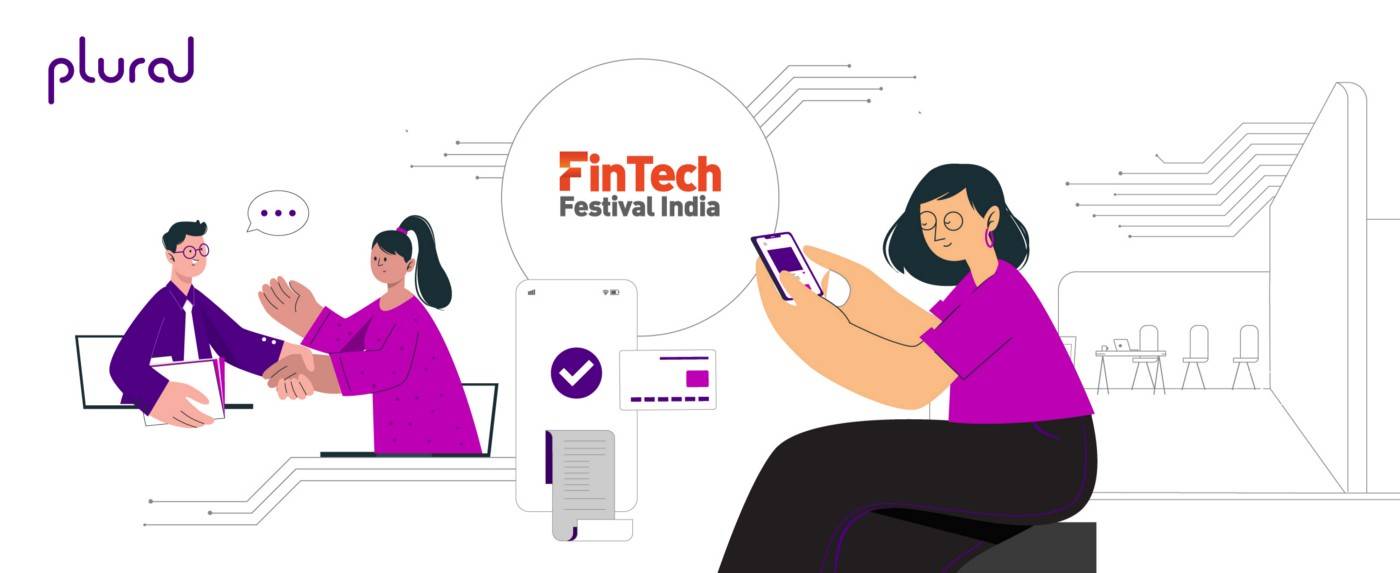eCommerce is experiencing a boom in India. With an estimated revenue of $71,292.1 million in 2023, India is considered the eighth-largest eCommerce market in the world. eCommerce revenues are further expected to grow at a compound annual growth rate of 13.9%, placing India’s market value at $119,967 million by 2027.
Buy now, pay later, or BNPL, is expected to play a significant role in helping eCommerce businesses in India increase sales and capture more market share. Over the last few years, the BNPL industry has witnessed growing adoption, especially by consumers in tier II and tier III cities. The BNPL gross merchandise value in India is expected to rise from $11,628.8 million in 2022 to $25,387.2 million by 2028.
Buy Now Pay Later in India has seen consistent growth despite the Reserve Bank of India introducing a slew of regulatory measures. This indicates its potential to address consumer needs. In this blog, let’s understand how the BNPL mechanism works and why eCommerce businesses must make early investments to offer this option to consumers to drive sales and profitability.
What is buy now, pay later?
Buy now, pay later, also referred to as point-of-sale loans, is a payment option that enables online shoppers to buy a product or service by paying merely a percentage of the price and making the remaining payment at a later date.
Here is a snapshot of how it works:
- Consumers need to sign up with a service provider that offers this payment option. Usually, this happens within minutes.
- The service provider then makes the payment on behalf of the online shopper.
- Consumers need to repay the pending amount to the BNPL service provider within a stipulated time frame.
- If they do not pay within the stipulated time, they will be charged late fees and interest.
Buy now, pay later vs traditional payment methods
- Interest Rates: Consumers using the buy now, pay later mode do not need to pay any interest unless they fail to pay the full amount by the due date. After that, they may be charged an interest rate of up to 24%, which is less than that for credit cards, which can go up to 48%.
- Payment Flexibility: Consumers can choose the payment time frame for payment based on their cash flows, unlike credit cards, where the credit-free period is fixed. It is like paying an interest-free equated monthly instalment (EMI)
- Approval Requirements: One of the top benefits of BNPL for consumers is that the approval time frame is almost instant, unlike credit cards which can take up to three to four weeks.
- Late Fees: If consumers do not repay the loan amount by the due date, they do need to pay a late fee, which is the case with credit cards.
- Consumer Protection: Unlike credit cards and debit cards, BNPL is a much newer product. Hence, consumer protection policies are still a work in progress. However, some regulations do exist. For example, a consumer may have up to 60 days to dispute a case where the product purchased is faulty.
How BNPL increases sales to your eCommerce store
Here is a deep dive into how introducing buy now, pay later can help eCommerce stores boost revenues.
1. Access to new customer segments
Buy now, pay later enables point-of-sale credit. This is a useful opportunity for millions of consumers who do not have access to credit cards. They can take important shopping decisions due to the easy accessibility of credit at the point of sale. Thus, they can access the benefits of credit in this unique format and make purchases as per their needs. This is a critical approach to reducing abandoned shopping carts.
2. Higher average order value
Access to BNPL gives consumers the option to pay in instalments without increasing the price of the product. This is a valuable feature, which according to a report, has increased the ticket size of purchases by between 30% to 50%. This strategy helps businesses drive higher revenues.
3. Encouraging impulse purchases
A survey conducted during the pandemic indicated that BNPL played a significant role in encouraging impulse purchases. Consumers may be conservative in their purchases due to budgetary constraints. However, access to buy now, pay later mechanisms enables them to make some impulse purchases, which benefits businesses’ bottom line.
4. Improved cash flow management
There are times in a consumer’s life when they simply cannot afford to delay a purchase until their next paycheck. For instance, at the peak of summer, a consumer may need to purchase an air conditioner. Access to point-of-sale loans like BNPL enables them to purchase items of a higher ticket size without breaking the bank. They can manage cash flows using the flexibility that comes with this choice.
5. Competitive advantage over other eCommerce businesses
A Baymard study showed that up to 9% of shoppers abandon their shopping carts because the eCommerce platform does not offer enough payment methods. Hence, it is prudent for businesses to invest in offering as many payment modes as possible to give consumers the power of choice. Buy now, pay later is emerging as a go-to payment choice for newer generations. Hence, those eCommerce businesses that make early investments in it, will have a competitive advantage.
Conclusion
Not all consumers have the economic mobility and creditworthiness to access credit cards, leaving a large chunk of consumers outside the affordability eCommerce revolution. Buy now, pay later serves as a lucrative payment option, helping consumers make purchases as per their needs and convenience. eCommerce businesses are advised to seriously consider offering BNPL as a payment mode and making it a smooth, seamless transaction experience.
This is where having a robust, well-designed payment gateway comes to use. Plural Gateway, a comprehensive payments solution, enables businesses to offer the buy now, pay later option at checkout seamlessly in a way that creates and generates trust in consumers. Besides BNPL, Plural Gateway offers multiple payment methods, custom branded pages, offers engine and more.
With Plural Gateway as their payments partner, businesses enjoy a hassle-free integration experience and round-the-clock tech support. To learn more about Plural Gateway and BNPL, write to us at pgsupport@pinelabs.com.
Plural by Pine Labs has received an in-principle authorisation from the Reserve Bank of India (RBI) to operate as a Payment Aggregator.

Amrita Konaiagari is a Marketing Manager at Plural by Pine Labs and Editor of the Plural blog. She has over 10 years of marketing experience across Media & Tech industries and holds a Master’s degree in Communication and Journalism. She has a passion for home décor and is most definitely a dog person.




